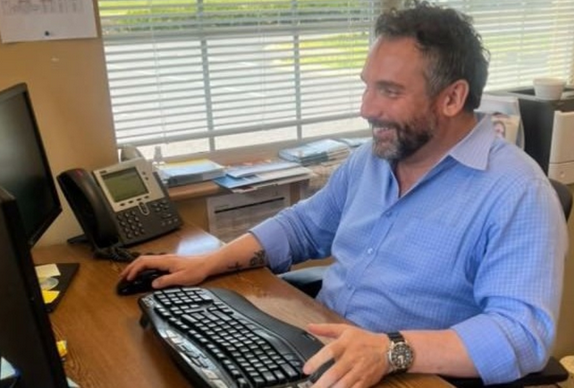Obsessive-compulsive disorder (OCD) is a mental health disorder characterized by intrusive and distressing thoughts, images, or impulses, which can lead to repetitive behaviors or mental acts Dr Charles Noplis. People with OCD may feel like they have no control over their thoughts or behaviors , which can interfere with their daily life. Fortunately, with the help of mental health professionals, OCD can be managed effectively.
Understanding OCD
OCD is a type of anxiety disorder that affects about 1-2% of the US population. The disorder is characterized by obsessions, which are intrusive and distressing thoughts, images, or impulses, and compulsions, which are repetitive behaviors or mental acts that are performed to reduce anxiety caused by obsessions. People with OCD may feel like they have no control over their thoughts or behaviors, which can interfere with their daily life.
Treatment Options
Treatment for OCD often involves a combination of therapy and medication. The following are some of the most common treatment options for OCD:
• Cognitive Behavioral Therapy (CBT): CBT is a type of psychotherapy that helps people identify irrational fears and learn new, healthier ways to cope with them. A therapist will help the patient recognize their patterns of thought and behavior that contribute to the OCD, as well as teach them techniques for reducing anxiety and managing symptoms.
• Exposure Response Prevention (ERP): ERP is a type of CBT that involves repeated exposure to the source of fear. During treatment, the patient is gradually exposed to their obsession in an effort to learn how to cope with it without engaging in compulsive behaviors.
• Medication: While medication may not “cure” OCD, it can help reduce symptoms and improve functioning. Common medications used to treat OCD include selective serotonin reuptake inhibitors (SSRIs) and tricyclic antidepressants.
• Self-Help Strategies: For milder cases of OCD, self-help strategies may be enough to reduce symptoms. These strategies can include mindfulness, relaxation techniques, managing stress, positive self-talk, cognitive restructuring, and challenging irrational thoughts.
No matter what treatment option a person chooses, it is important to remember that OCD symptoms can be managed with the right combination of treatments. With patience and practice, it is possible to Dr Charles Noplis reduce obsessive thoughts and gain control over compulsive behaviors.
